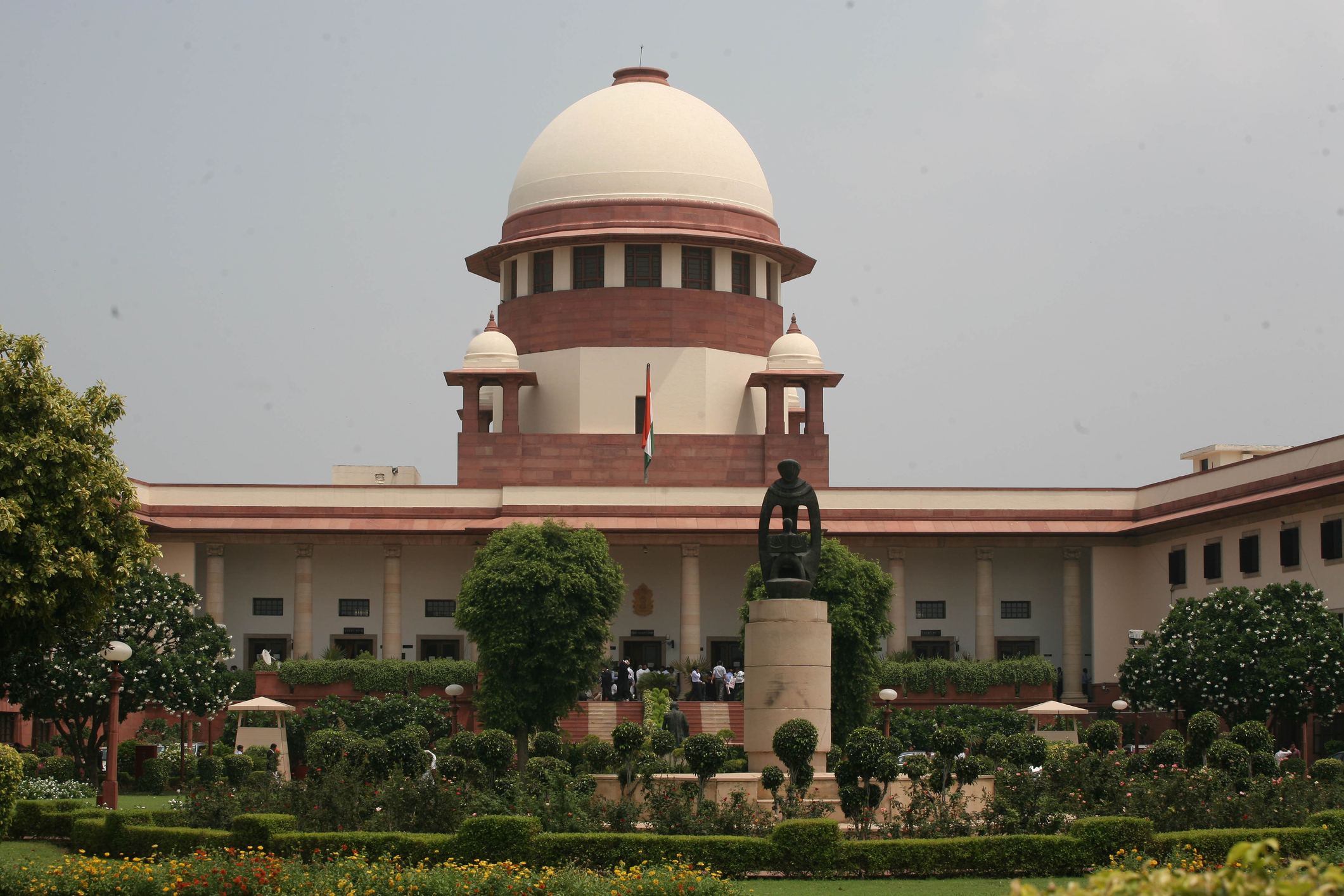The Supreme Court on Wednesday reserved its verdict on a batch of pleas including that of Congress leader Ghulam Nabi Azad challenging the restriction imposed in the erstwhile state of Jammu and Kashmir following abrogation of provisions of Article 370.
A bench of Justice N. V. Ramana, Justice R. Subhash Reddy and Justice B. R. Gavai reserved the verdict.
Senior advocate Kapil Sibal, appearing for Azad, said they understand that there are national security issues in Jammu and Kashmir, but the entire seven million population cannot be 'locked down'.
Advocate Vrinda Grover, appearing for Kashmir Times editor Anuradha Bhasin, termed the curbs 'unconstitutional' and said the restrictions have to pass the test of proportionality.
On Tuesday, the Jammu and Kashmir administration justified imposition of curbs on internet services in the erstwhile state after abrogation of the special status given under Article 370, saying separatists, terrorists and Pakistan's Army made attempts on social media to instigate people for 'jihad'.
Solicitor-general Tushar Mehta, appearing for Jammu and Kashmir administration, had said that it was not only fighting enemies within but also with those from across the border.
Mehta referred to public speeches and social media posts of former Jammu and Kashmir chief minister Mehbooba Mufti and leaders of National Conference party against the removal of Article 35A, which gave special rights to permanent residents of the erstwhile state, and Article 370 provisions that granted special status to the former state.
Mehta referred to social media app Twitter and said that 'there were thousands of messages on official Twitter handles of Pakistan Army, Afghan Taliban and other terror groups meant to instigate the people of Jammu and Kashmir. There was propaganda by Pakistan Army. We would have failed in our duty if we had not taken precautionary steps'.
He had said that 'the only solution is that either you have internet or you don't' as it was very difficult to segregate, especially in such a huge area. There were prohibitory orders so that there are no congregations, which would have created a law-and-order situation, he had said.
On November 21, the Centre justified restrictions imposed in Jammu and Kashmir after the abrogation of provisions of Article 370 and said that due to the preventive steps taken, neither a single life was lost nor a single bullet was fired.
The Centre had referred to terror violence in the Kashmir Valley and said that for the past many years, terrorists were being pushed through from across the border, local militants and separatist organisation had held civilians captive in the region and it would have been 'foolish' if the government had not taken precautionary steps to secure the lives of the citizens.










